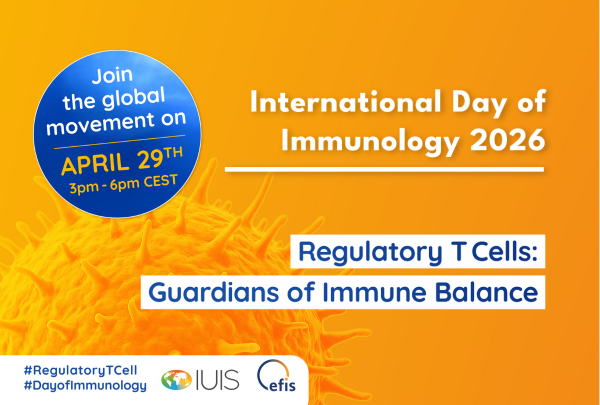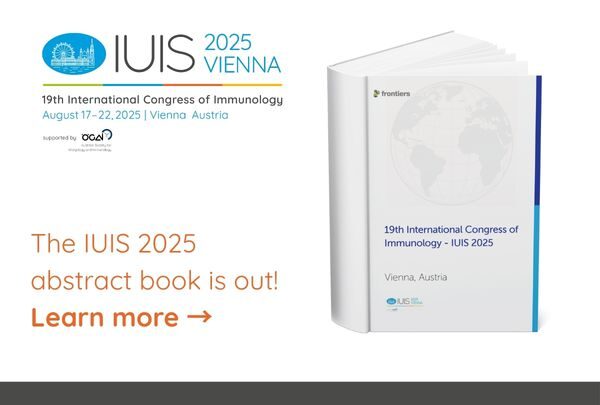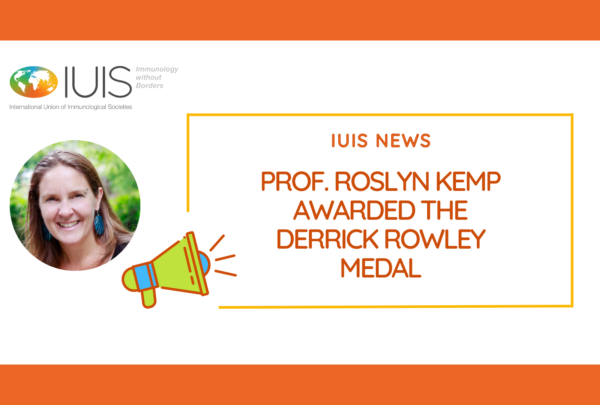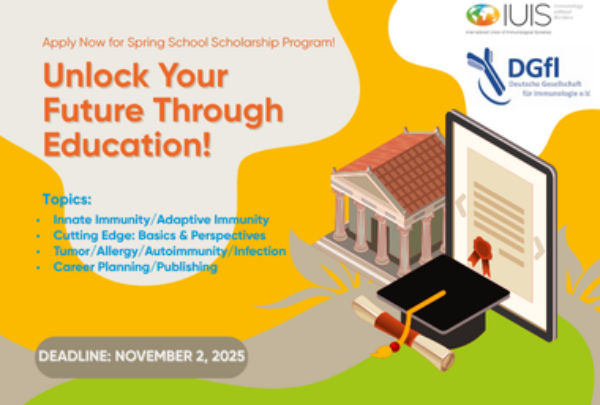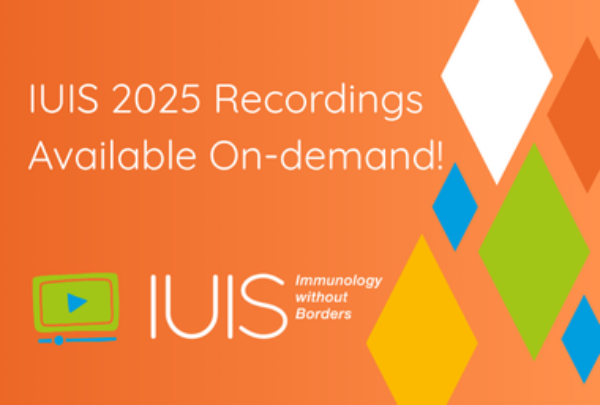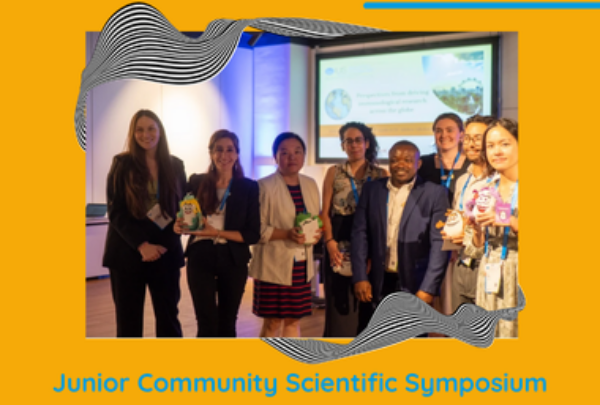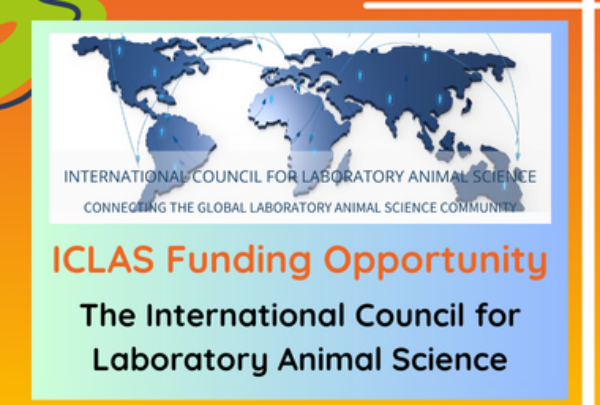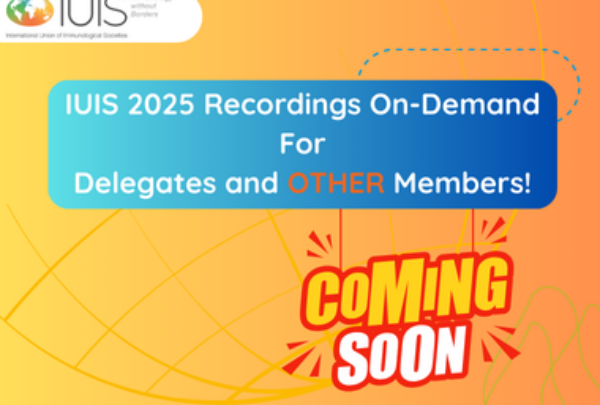Presenting the Autoantibody Standardization sub-Committee (ASC)
The Committee for the Standardization of Autoantibodies in Rheumatic and Related Diseases was established in the early 1980s by Eng M. Tan, The Scripps Research Institute, La Jolla, based on the recognized critical needs for reference human autoimmune sera for academic, clinical, and industrial laboratories. The committee’s initial affiliation with the National Arthritis Foundation, Centers for Disease Control and Prevention, World Health Organization, and the International Union of Immunological Societies (IUIS) was instrumental to its early success in the recruitment of many investigators with expertise in autoantibody analysis. In recent years, the committee has used the shorter name “Autoantibody Standardization Committee (ASC)” with the affiliated website www.AutoAb.org. To date, the ASC remains a subcommittee of the Quality Assessment and Standardization Committee of the IUIS.
The primary objectives of the ASC are to uphold the highest standards of patient care by promoting accuracy in autoantibody testing. To date, 20 reference reagents are available free of charge and distributed to research laboratories, diagnostic laboratories, and commercial organizations developing autoantibody diagnostic kits. These reference reagents are now made available via the ASC website and distributed by Plasma Services Group Inc., Huntingdon Valley, Pennsylvania, USA.
Continuing education about autoantibodies is recognized as another major effort for the ASC. For the past 11 years, ASC has hosted a Study Group titled “Autoantibodies in Diagnosis and Follow-up of Rheumatic Diseases” at the annual scientific meeting of the American College of Rheumatology. A wide variety of topics have been covered including autoantibodies that may predict or prevent disease, many aspects of standardization of autoantibody testing, clinically relevant autoantibodies in idiopathic inflammatory myopathy, scleroderma and other diseases, the influence of genetics and environment in autoantibody production, and new methodological platforms.
A relatively new component of the ASC is the development of the International Consensus on ANA Patterns (ICAP) initiative. During the 12th International Workshop on Autoantibodies and Autoimmunity held in Sao Paulo, Brazil in 2014, a full-day session was devoted to discussion of consensus on morphological patterns observed in indirect immunofluorescence on HEp-2 cells. We have already run three additional workshops in Dresden, Germany, in 2015; Kyoto, Japan, in 2016; and Dresden again in 2017. Currently the ICAP website (www.ANApatterns.org) categorizes 30 ANA patterns and the consensus nomenclature and representative patterns are available online as well as in publications from the ICAP group. The goal of ICAP is to promote harmonization and understanding of autoantibody test nomenclature, as well as interpretation guidelines for ANA testing, thereby optimizing usage in patient care. To date, the ICAP website has been translated into Spanish, Portuguese, German, Italian, French, Chinese, and Turkish and visited more than 70,000 times from 144 countries including over 1,000 registered users/members.
Autoantibody standardization is a continuing process as new autoantibodies are identified, and new technology platforms are incorporated into autoantibody assays. It is critical to validate results in the new assays with established standard assays in additional follow-up or post market studies.
|
Professor Edward K. L. Chan, Ph.D. |
|
||

